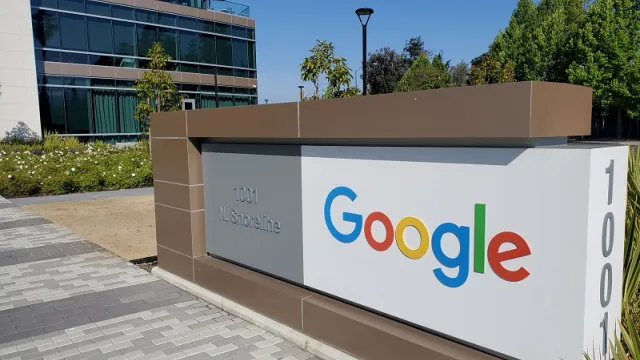Google cites Africa's rising internet users, youth as it sets up Nairobi products hub

Google cites Africa's rising internet users, youth as it sets up Nairobi products hub
Tech giant Google is projecting that Africa will have 800 million internet users by close of this decade, and a third of the world's youth population, making it a prime investment destination.
The California-based company is already setting up a product development centre in Nairobi, the first of its kind in Africa as it readies for exponential growth in consumption of internet-based products.
Suzanne Frey, vice president for products, and Nitin Gajria, the head of Google Africa said the firm is already recruiting engineers, product managers, user experience designers, and researchers to staff the new centre.
In October last year, company CEO Sundar Pichai said it is investing $1 billion in various projects across Africa over the next five years to help economies accelerate their digital transformation.
Alphabet Inc's Google has already opened an artificial intelligence centre in Accra, Ghana, that seeks to give rise to innovations that can be applied to various challenges.
Google announcement follows a trend that has lately seen global tech heavyweights step into Africa market with deals to tap into growing customer base.
Earlier this month, Amazon Web Services - a subsidiary of Amazon providing on-demand cloud computing platforms and APIs to individuals, companies, and governments - announced plans to launch an AWS Local Zone in Kenya, joining 16 existing ones across the US and an additional 32 that are scheduled for launch in 26 countries globally.
Read also: Rising Cloud infrastructure set up right recipe for Kenya’s fast ICT growth
AWS Local Zones deliver single-digit millisecond latency performance at the edge of the cloud to millions of people worldwide.
This also means customers in Kenya will not need to incur the expense and effort of procuring, operating, and maintaining infrastructure in Nairobi to support low-latency applications.
Microsoft has also been investing in technology development hubs in Kenya and Nigeria, channelling roughly $100 million and opening job opportunities for hundreds of engineers in both countries.
In March, Chinese giant Huawei connected a high-speed, multimillion-dollar, 15,000-kilometer undersea cable to Kenya, as Beijing rolls out what's been dubbed its "digital silk road," and Africa seeks key infrastructure for better internet connectivity.
The $425-million PEACE cable, which stands for "Pakistan and East Africa Connecting Europe" stretches from Asia to Africa and then into France, where it terminates.



